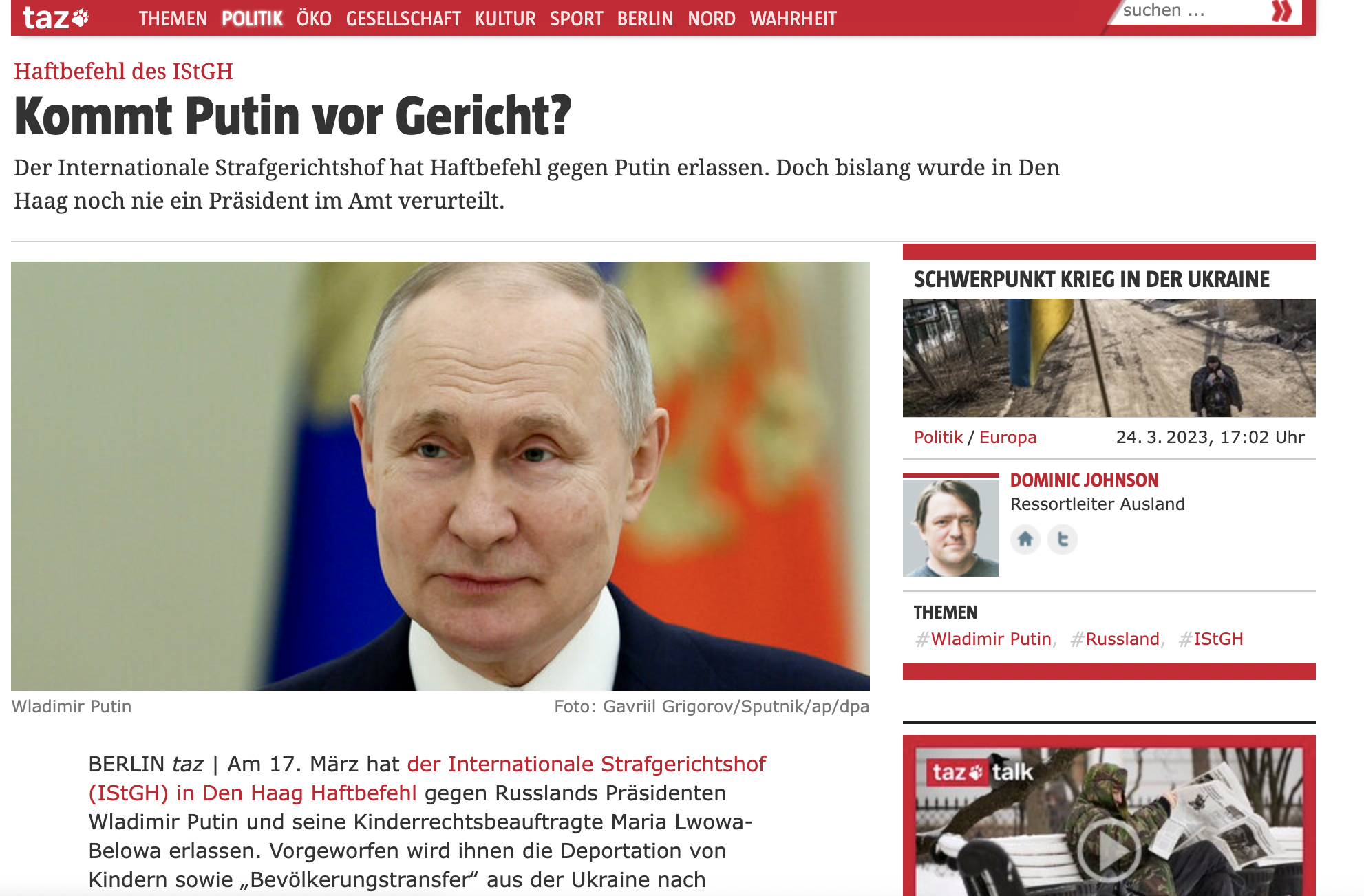The Russia-Ukraine ConflictThe Russia-Ukraine Conflict
Chapter 11
Law of occupation and deportations
by Laura Smildzere
Law of occupation and deportations (1/3)
What happened?
Illustration: Marlin Beringer
Russia has annexed various regions of Eastern Ukraine and is deporting people to Russia, is it allowed to do that?
Following the Russian army's illegal invasion of Eastern Ukraine, it annexed the Donetsk and Luhansk oblasts and now considers them to belong to Russia.
Legally, however, this is a temporary military occupation of these regions, which is regulated by the so-called occupation law. The aim of occupation law is to maintain political and social stability in the territories by requiring the occupying power to respect and maintain the existing public life and national law applicable there.
The Donetsk and Luhansk oblasts - Occupied territories
A territory is occupied if it is under the actual control of a foreign state and the latter exercises state authority there. Although the Donetsk and Luhansk oblasts are administered by Ukrainian separatists, Russia controls them, meaning that Russian occupation is legally assumed.
Law of occupation and deportations (2/3)
Legal requirements for an occupying power
Illustration: Marlin Beringer
As an occupying power, Russia is not allowed to change the legal status of the oblasts through votes and referendums. Consequently, the declarations of independence and annexations of the oblasts as well as the referendums violate the law of occupation and are illegal.
Although international law recognizes a voluntary transfer of territory (so-called cession) and a self-determined secession of peoples, neither can be accepted in Ukraine, as there are no corresponding declarations or a people separate from the Ukrainian people.
Law of occupation and deportations (3/3)
Can Russia deport Ukrainians and their children?
Illustration: Marlin Beringer
Illustration: Marlin Beringer

https://taz.de/Haftbefehl-des-IStGH/!5921389/
Headline from 24.3.2023 on taz.de, a German newspaper: "ICC arrest warrant: Will Putin go on trial?"
International law generally prohibits the deportation of people. The Geneva Conventions only permit the evacuation of civilians in absolutely exceptional cases for their own protection, such as in the event of military counter-attacks.
According to reports from human rights organizations, Russia has set up deportation camps to deport parts of the Ukrainian population in the occupied territories to Russia.
Reports of parents and children being separated and abducted have already led to an arrest warrant against President Vladimir Putin and the Commissioner for the Rights of the Child in the President's Office, Maria Alekseyevna Lvova-Belovavor, at the International Criminal Court. How will the Court decide if charges are pressed?